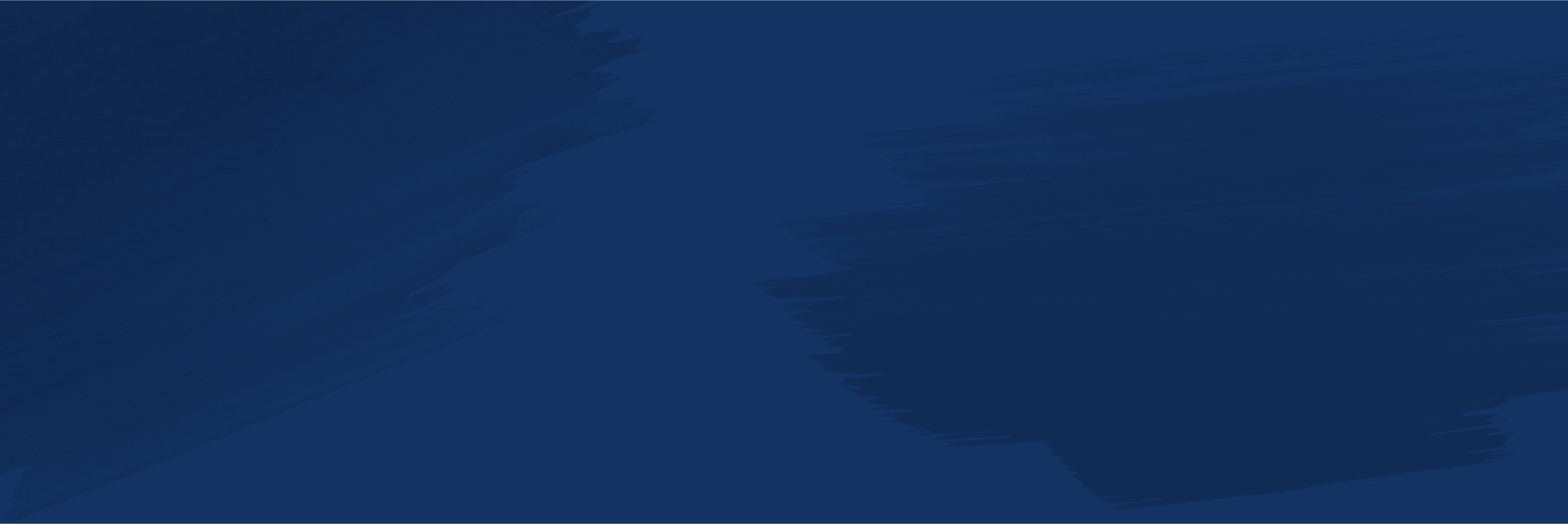Meet Becca, former Collegiate Recovery Leadership Academy (CRLA) participant and current collegiate recovery program coordinator at UC Berkeley, who shares her story of recovery and how SAFE Project helped her advocate for students on her campus.
Q: What would you like people to know about you?
Becca: My name is Becca and I am a person in recovery. I’m originally from New Jersey and I moved to the Bay Area when I was in the first grade. I started drinking and using in middle school. At 16, I went to treatment for the first time and had my initial introduction to recovery at an AA meeting in that facility.
I tried to get sober numerous times in adolescence, but it wasn’t until I was in community college that sobriety stuck. My life before recovery is unrecognizable compared to my life today. My priorities revolved around getting high to change the way that I felt. I was extremely anxious and uncomfortable in my skin. I had no goals because I didn’t really care about anything aside from drugs or see a future for myself.
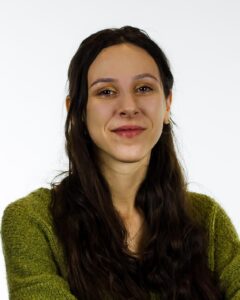
I transferred to UC Davis in fall 2019 with some clean time under my belt, and sought out university recovery resources. I immediately got involved in their Collegiate Recovery Program (CRP) and later became the president of the student organization “Aggies for Recovery.” In addition to my leadership and advocacy, I worked alongside our substance use clinician as a student coordinator employed by the counseling center.
In these roles, I worked to make the CRP more visible, structured, and robust. I wanted students in recovery to have a community at UC Davis from the time they entered the university to graduation. I also sought to connect students with community-based recovery programs so they would sustain their recovery after leaving the institution. I wanted people at all stages of recovery to get excited about recovery and learn about their options, so I started a rotating format meeting to introduce students to different recovery pathways.
Q: How did you connect with SAFE Project?
Becca: SAFE Campuses was instrumental in my growth as an advocate, leader and professional. I was selected for SAFE Project’s 20-21 Collegiate Recovery Leadership Academy cohort and soon connected with the amazing SAFE Campuses team, passionate students from across the country, and an incredible mentor at SAMHSA.
For my impact project, I organized a recovery speaker event featuring two celebrities in recovery—Danny Trejo and Zac Clark. Originally, my objective was to excite my UC Davis community about their recovery with inspiring and recognized speakers, hosting a virtual meeting on Zoom allowed me to open it to students in recovery across the country. It also promoted the UC Davis CRP as it was a largely hidden resource on campus and was an opportunity to share our CRP’s mission and programs to folx on campus who could be recovery allies.
Today, I’m the collegiate recovery program coordinator at UC Berkeley. I graduated from The University of California, Davis with my bachelors in Psychology and minors in professional writing and human development. At UC Davis, I worked as a student activist to advance their collegiate recovery program. Now in this position, I get to harness my vision to build out a sustainable, well-recognized program at UC Berkeley.
Addiction is a community matter and not an individual shortcoming or failure.”
Q: Describe what addiction and recovery support services look like at UC Berkeley and how did it get there?
Becca: Our CRP at UC Berkeley got its start as a student organization in 2017 and became an official university program as a result of those students’ advocacy. I am the first full-time dedicated CRP staff person at UC Berkeley.
Like other CRPs across the country, during the pandemic, our program at UC Berkeley was inactive during the 20-21 academic year. Now that we’re back, I have the opportunity get to rebuild our CRP from the ground up and include:
- Two recovery meetings every week: a rotating recovery meeting (featuring mock AA, NA and Refuge Recovery) every Wednesday, and an All Recovery meeting each Friday.
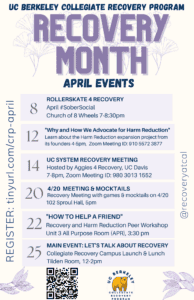
- Monthly “sober socials” which have included board games, painting nights, and kayaking trips so far
- A partnership with PartySafe@Cal in which we offer harm reduction tools & services across campus including Naloxone
- Individual non-clinical peer support to students in/seeking recovery, in any stage of recovery, on an appointment basis
UC Berkeley offers specialized clinical services for students struggling with substance use at our counseling center. Our student recovery coordinators are currently developing training opportunities, including a workshop on how to help a friend who is struggling with substance use that is targeted at student organizations.
Q: What do you want folks to know about the importance of addiction and recovery support services on your campus?
Becca: I’m a strong proponent of harm reduction and I would like folks to know that all of our services reflect that philosophy. I hope that the field of collegiate recovery will shift in the years to come to adopt harm-reductionist policies and practices as the standard of our field. The harm reduction movement is rooted in social justice. Abstinence is ultimately a more extreme form of harm reduction. While I’ve found that practicing abstinence is what I personally need for my recovery; abstinence-based recovery isn’t the only way or necessarily the right way to recover. Sobriety is just one aspect of recovery. Exclusive criteria are leaving people who need support out and lives are on the line with the fentanyl epidemic.
It is extremely misguided to shun or isolate people who struggle with substance use disorders in an attempt to help folx using a “tough love” approach. Showing someone compassion, love, and unconditional positive regard can really make a difference and I’ve found this approach far more effective in both my work and personal lived experience. These principles are indispensable in recovery spaces.
I want people to know there is a space for everyone in addiction and recovery support services: people who identify as being in recovery, people who use drugs, and allies who want to help or learn more. Addiction is a community matter and not an individual shortcoming or failure.
Q: Describe your plans for the future now that you are in recovery.
Becca: When I was using, my existence was very finite and recovery has ultimately given me the freedom to not confine myself. My plans change as I grow. I feel very grateful to be alive and for the most basic luxuries of life. I anticipate going to graduate school at some point. Right now I’m very happy to be living in Oakland and working at UC Berkeley. I’m looking forward to traveling as we learn to live with Covid and the world gets vaccinated. At the moment, I’m really excited about my upcoming trip to the UK.
Q: Why is continuing your work with SAFE Campuses and the Leadership Academy important to you?
Becca: SAFE Campuses was instrumental in my growth as an advocate, leader, and professional. I was mentored by experts in the recovery field, applied for grants from my institution to complete my project, networked with other passionate students, and presented with peers at the ARHE annual conference. Continuing to work with SAFE Campuses is to give back the support that was freely given to me. SAFE Campuses empowers students to make meaningful change and I’m very fortunate to continue to be a part of that.
Recent Stories
-
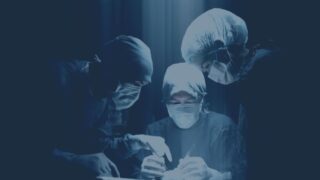
-
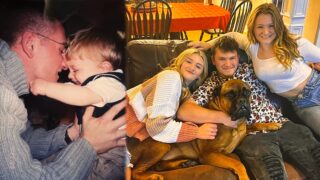 Story
StoryLandin’s Story
-
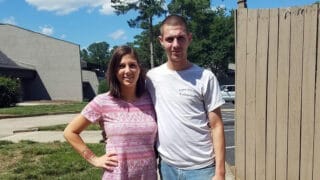 Story
StoryMy Brother’s Story

